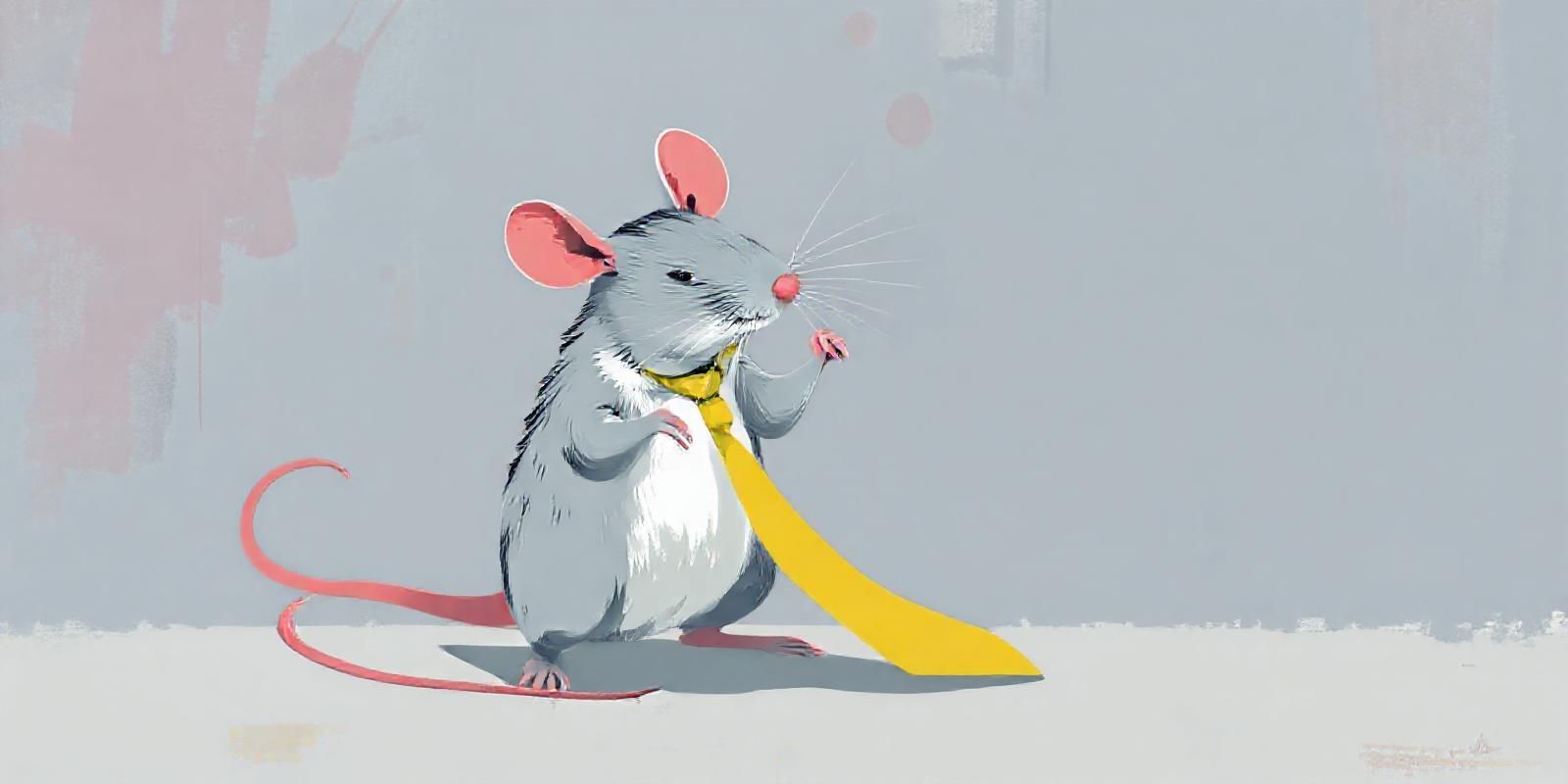Published at
The Reluctant Politician: The Struggle of Self-Acceptance in Politics
- dev.frasa
- •
- 4 MIN TO READ
There are few titles in the world as loaded as “politician.” It carries with it a weight of expectation, a cloud of suspicion, and a sense of duty that few are truly prepared for. Yet, many who enter the realm of politics do so with noble intentions—only to find themselves struggling to accept that they have, in fact, become politicians.

The Stigma of Politics
The stigma of politics can be suffocating for those who enter with genuine intentions, as they grapple with the internal conflict of accepting their new identity as politicians. This struggle often arises from the disconnect between their ideals and the realities of political life.
To the average person, politicians are often seen as self-serving, power-hungry, or insincere. The mere mention of the word evokes images of backroom deals, hollow promises, and manipulation. It is no surprise, then, that even those who enter politics with the purest motives wrestle with the discomfort of identifying as a politician.
Many individuals in public service initially see themselves as activists, reformers, or problem-solvers. They tell themselves they are different from the career politicians who have made politics a game of influence rather than integrity. But as time goes on, the lines blur. They negotiate. They compromise. They make decisions not just based on what is right, but on what is politically feasible.
The Moment of Realization
At what point does one truly become a politician? Is it when they first shake hands with a powerful figure they once criticized? When they accept a campaign donation from a group they once distanced themselves from? Or is it when they begin calculating their words, shaping their principles into something more palatable for the electorate?
For many, the hardest moment is the realization that they are not above the system—they are within it. The purity of their original mission becomes tangled with the realities of governance. They learn that idealism alone is not enough to push through change; politics requires alliances, strategy, and, sometimes, the willingness to play the game they once despised.
The Paradox of Power
The paradox of politics is that to change the system, one must engage with it. And engaging with it means becoming part of it. There is no way to wield power without assuming the responsibilities—and the moral compromises—that come with it.
Does this mean one is doomed to corruption? Not necessarily. But it does mean that any politician, no matter how principled, must acknowledge that they are part of the machinery. They must accept that they are not just a reformer looking in from the outside—they are now responsible for the very system they once criticized.
Finding Peace with the Identity
The journey to self-acceptance as a politician is not about embracing cynicism. It is about understanding that politics is not a space for purity but for pragmatism. It is about recognizing that making change is messy, that power is neither inherently good nor bad—it is simply a tool.
Perhaps the key is to redefine what it means to be a politician. Rather than resisting the label, one can embrace it while striving to be the kind of politician they once wished existed. Integrity is not lost the moment one enters politics—it is lost when one stops questioning themselves, stops holding themselves accountable, and stops remembering why they started in the first place.
Conclusion
Accepting oneself as a politician is difficult because it requires letting go of the illusion that one can stay completely untouched by the system. It means acknowledging the compromises, the complexities, and the contradictions. But it also means embracing the opportunity to lead, to shape, and to influence for the better.
Perhaps the hardest lesson is this: being a politician is not about staying clean—it is about staying true. And that is the challenge that defines the difference between a politician who merely survives and one who truly makes a difference.